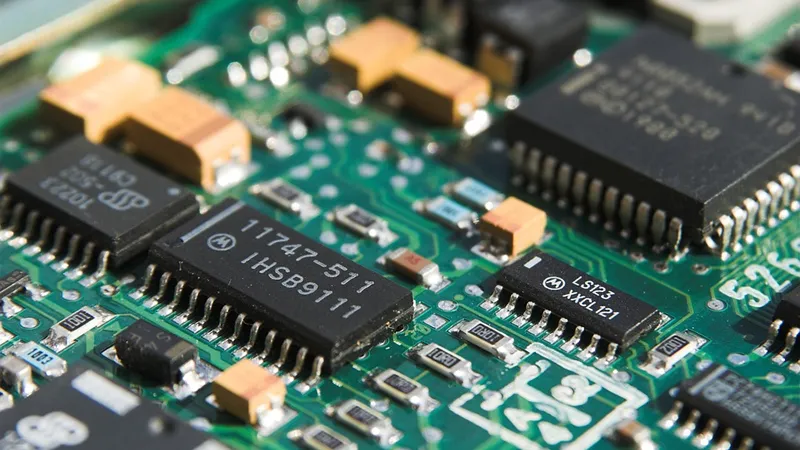Getting a new computer could be fun as we expect to experience the joy of doing stuff with our new machine. Whether its for gaming, designing graphics, listening to music or just surfing the web, your computer should just do fine if it comes with the correct hardware. So whether its a new or old system, you should have a basic performance information about some hardware that make up your machine. You could also find out how some programs are performing in your system. In this first part, I will explain how you can learn the following:
- Number of physical cores in the CPU
- Programs eating up your memory
- System up time
Alright. So lets start with the first item on above.
Number of physical and logical cores in the CPU
The Central Processing Unit is a very important part of any system unit. The process does work of turning data into information. The CPU takes data input from the input devices and performs some calculations or processing and send the result out through any of the output devices. The speed at which each CPU works depends on a lot of factors like the age of hardware and how much data it was designed to work on at a time.
One thing that determines the speed of a CPU is the number of cores physical cores it has. A single core CPU can perform just one operation at a time, while a dual core CPU can do perform two tasks at a time. A quad-core CPU is capable of performing up to 4 tasks at a time. So the number of physical core in a processor determines how much data can be processed by the CPU at a time.
How to check the number of cores in a processor
There are many ways to quickly check this. One of the ways is to check the system information. Here is how to do it:
Step 1: In the search box, enter System Information and click the app when it opens.

Step 2: Check under Processor and you will see the number of cores and other information about the processors.

From the information under processor, you will see that my system has core i5 CPU. This CPU is a dual-core because it has 2 cores. It will be faster than a single core CPU and a quad-core CPU will beat this in speed.
So knowing the number of cores will help you keep your expectations right when it comes to processing speed.
Programs eating up your memory
Sometimes, you might notice that your system is not as fast as before. A number of things could be the problem. One of them is that maybe your system is low on memory. There could be some programs that are taking up too much RAM space and its worth checking them out.
If the programs eating up your memory are background programs or ones you rarely use, you might want to stop them - kill the processes. So here is how to check if the programs slowing down your system are the right ones.
Step 1: Open the task bar by pressing this combination - CTRL + SHIFT + ESC

As you can see above, the program taking the biggest memory is Brave Browser and that is the software I am writing with. Out of my 4 GIG RAM, its taking 515.5 MB. Of course, my system is running at normal speed.
If I notice that a program in the background or an unknown is occupying the top spot and affecting the speed of my system, I will kill the process.
To stop an unknown program eating up your memory, simply select it and click "End task"

- System up time
System uptime basically shows you the last time your system was restarted. This is important if you are the type (like me) that always put your system in sleep mode after working. If your system is not restarted after a long period of time, it might cause some performance issues. For example, the system might miss important operating system or other software updates. It is a good practice to restart your system if you see that the uptime has run into several days or months. So here is how to check the Uptime:
Step 1: Open the Task bar.
Step 2: Click the Performances tab and look for uptime at the bottom of the box.

As you can see above, my system uptime is now 4 days, 8 minutes and 18 seconds. 4 days is really a long time. So after now, I will restart the system so that the Up time will refresh too.
Final thoughts
When you computer is running slow or when you expect it to run faster, the information above will give you a clue of the state of your hardware. This basic knowledge could save you time of troubleshooting or worrying or even stopping your work in its tracks.
The second and other parts of this article will explain more things about your computer hardware.
Note: All images in this post are mine except the thumbnail
Related topic

